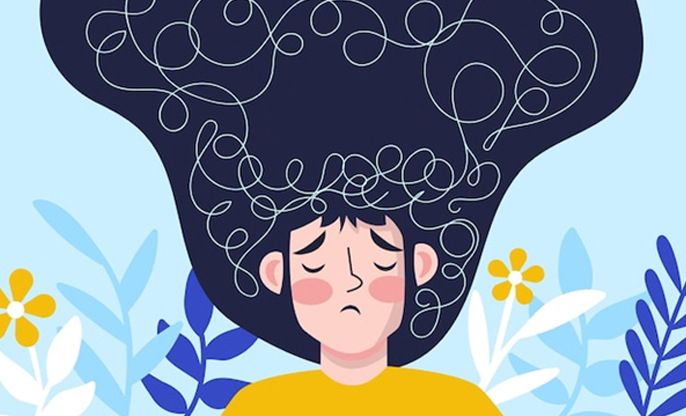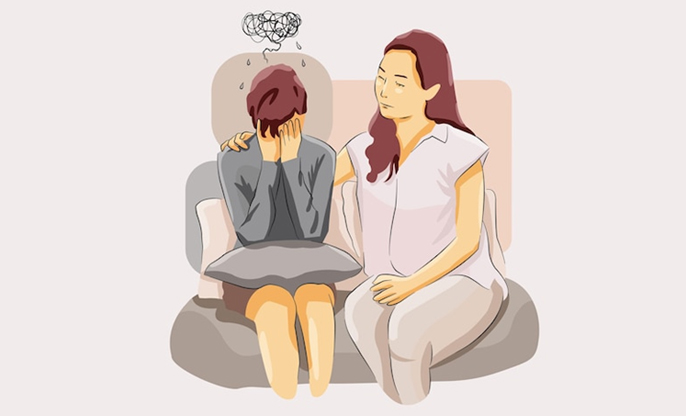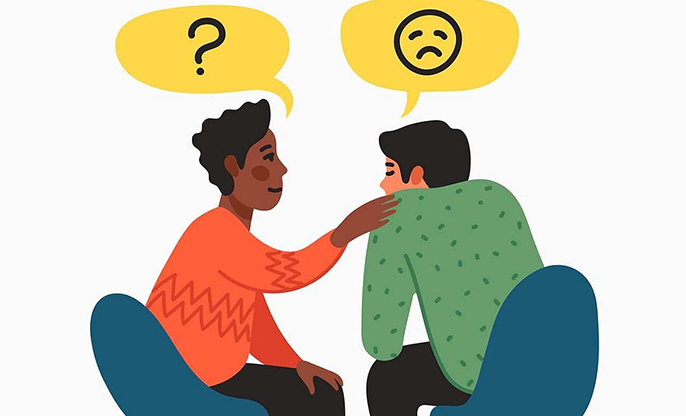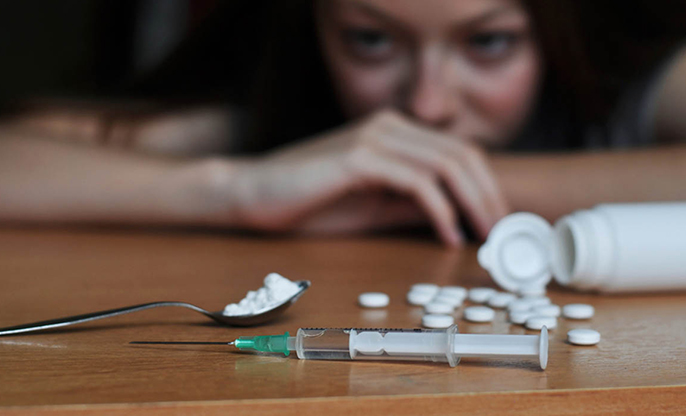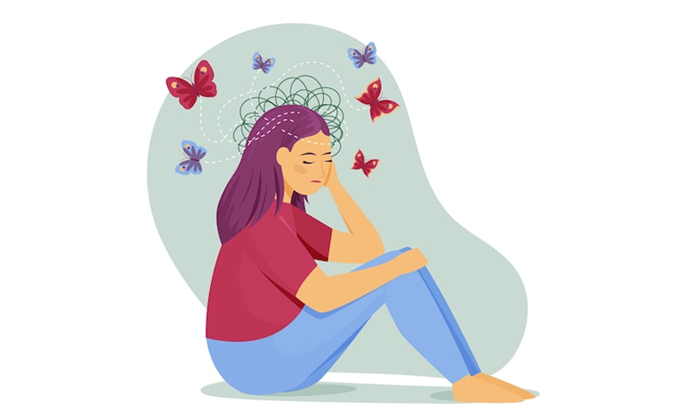
Know How Body Image and Trauma Affect Our Mental Health
Living as a woman often involves navigating complex psychological landscapes where our self-perception and past traumas significantly impact our mental well-being. From societal pressures to personal histories, the challenges are both varied and profound.
The Struggle with
Body Image
How I see myself in the mirror, and how I feel about these
reflections, deeply influences my emotional health. Society often dictates a
standard of beauty that feels both unattainable and unrealistic, pushing many
of us towards a spiral of self-doubt and dissatisfaction:
● Media and Social Pressures: Every
day, we’re flooded with images of perfection - smooth skin, slim bodies,
flawless smiles. These aren't just aspirations but often illusions, digitally
crafted to sell ideals that are far from the reality of natural bodies. This
bombardment can be incredibly damaging, especially for the young among us,
shaping how we value ourselves and others.
● Mental Health Repercussions: This constant feeling of "not good enough" feeds into severe anxiety and depression for many. It’s more than feeling blue; it’s about battling intense fears about worth and value, driven by what we look like rather than who we are.
Echoes of Past
Traumas
For those of us who've endured physical, emotional, or sexual
abuse, the scars run deep - often deeper than the eye can see:
● Enduring Pain: The trauma from
abuse does more than just linger; it invades, affecting how we interact with
the world and ourselves. Conditions like PTSD, anxiety, and depression are not uncommon,
and they carry a weight that can mute the vibrant parts of life, casting long
shadows over our daily experiences.
● Relationship Strains: Beyond the personal struggle, trauma can make relationships feel like minefields. Trust becomes a luxury, intimacy a challenge, and safety a constant concern. The impact isn't just internal but echoes through our connections with others, often reinforcing isolation or misunderstandings.
Pathways to
Healing
Addressing these deep-seated issues isn't about quick fixes
but about fostering lasting change and healing:
● Promoting Body Positivity: We need
more voices advocating for beauty in all its forms and sizes, challenging the
narrow norms and celebrating diversity. Therapy can also play a role, helping
to reframe negative perceptions and rebuild a loving acceptance of our bodies.
● Therapeutic Interventions: For those haunted by past abuses, therapies like CBT or EMDR offer a way to revisit traumas safely, allowing us to process and diminish their control over our lives. It's about finding a way to heal and move forward.
Each step taken towards understanding and addressing these psychological factors isn't just about individual healing; it's about crafting a society that recognizes and actively counters the pressures and pains that so many of us face. Let’s continue this conversation, for it’s only through dialogue and shared understanding that real change can begin.
